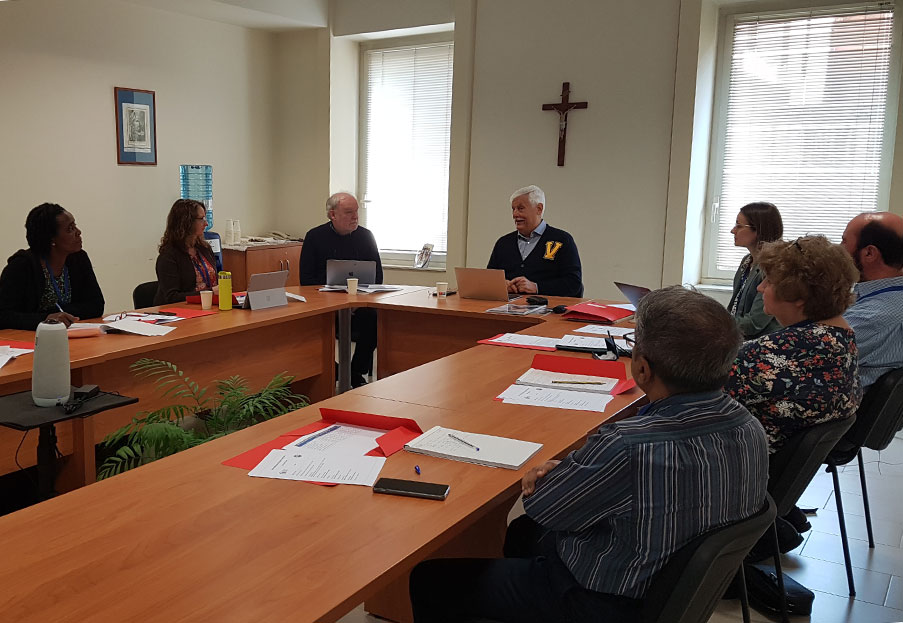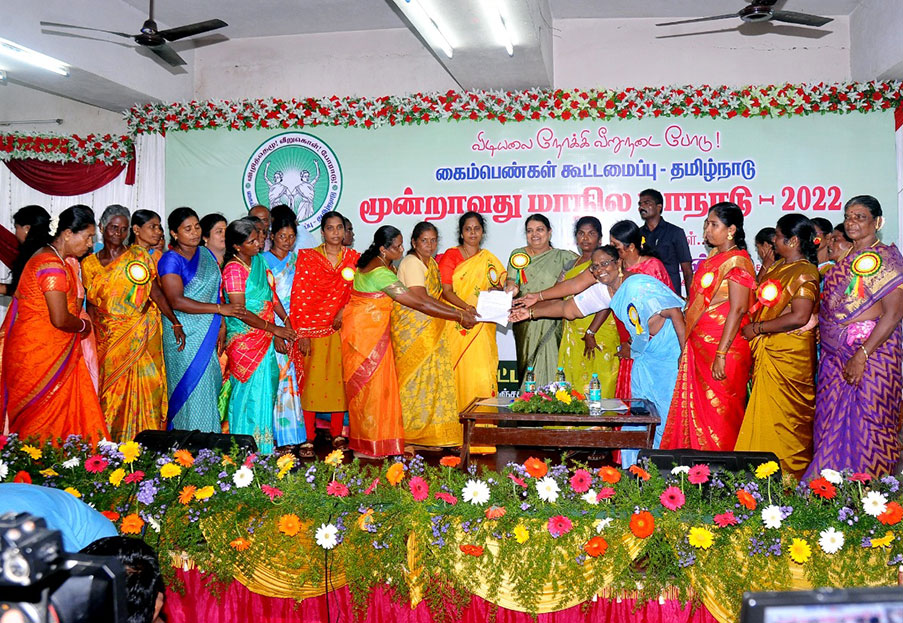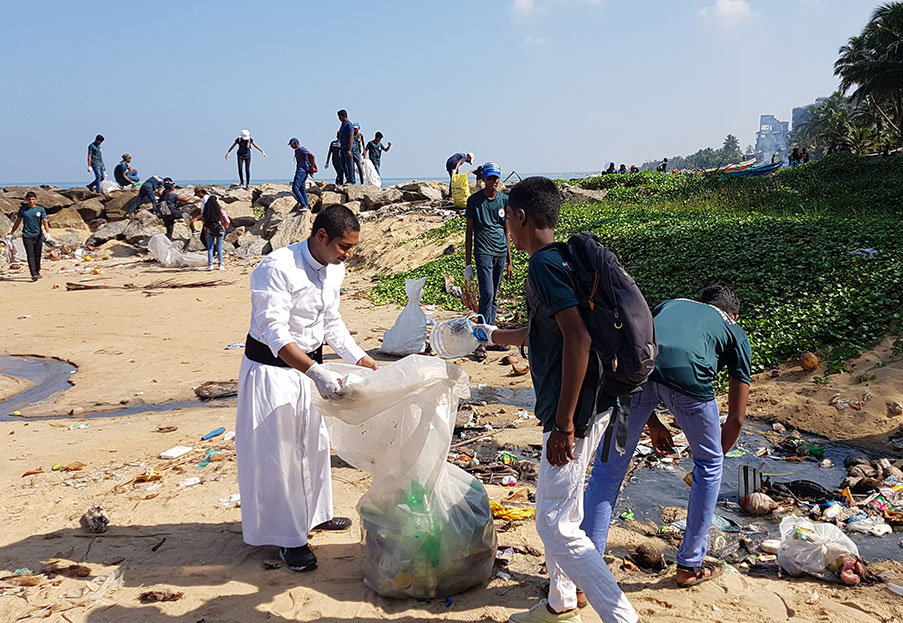For a new ethic of survival
On the occasion of World Environment Day, Monday
5 June, here is the reflection of Jesuit Professor SM. John Kennedy, Director
of a research centre at St Xavier’s College of Education, Palayamkottai, Tamil
Nadu (India). Click here to read the full text of his contribution [PDF 287KB].
By SM. John Kennedy SJ
Protecting mother earth: an urgent obligation
Science has developed by leaps and bounds. The entire world has become one global village through the network of communication. New inventions have smoothened modern life. Yet, despite these stupendous developments, one is tempted to ask whether we are developing in a sustainable and eco-friendly way.
In today’s world, the myth of ‘development’ is projected as the central value, measured by society’s performance as quantified in terms of Gross National Product, Net National Product, material growth of the economy, standard of living measured in terms of goods and money, etc. This emphasizes the superficial ways of ‘having’ than the more fundamental levels of ‘being’.
The need of the hour
is to have a sense of belonging to a single planetary community that will
transcend, though not necessarily replace, our rational ethics and communal
loyalties. This must be based on a new survival ethic, a culture of
cooperation, and moving to one destiny. We need an ecosensitive and all
embracing system of ethics and values today.
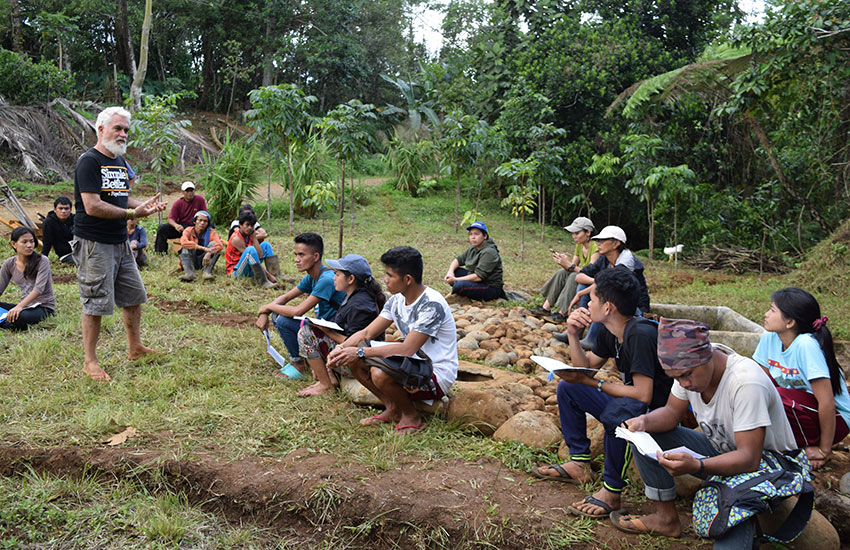
The crisis today
Since humans appeared on the earth, they have been interacting with the environment to fulfil their subsistence needs. But this interaction reached unsustainable proportions after the industrial revolution, an offshoot of the mechanical world-view, which impoverished the earth and a vast majority of the people with it.
The mode of development, being followed and blindly enforced, is at the heart of today’s ecological crisis. The ethics of autonomy, which centre on the individual, ignore the essential relationality of a human person in the community and the integral relationality to nature. Coupled with narrow anthropocentrism and androcentrism, it supports an ethos of individualism and enthrones man as the master of all creation and superior to women.
Our health and
survival depend upon the environment – the air we breathe, the water we drink
and the food we eat. But global trade has no regard for a sustainable economy:
it pollutes the air and water and poisons the food.
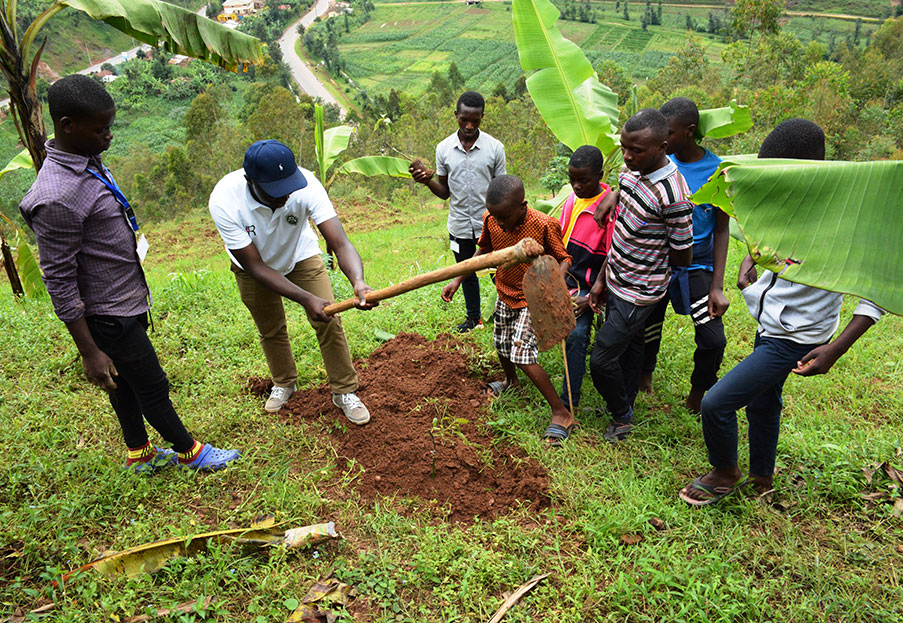
The alternatives
Opting for mother earth is not a choice to be made among many other choices, but an urgent obligation to save and protect the entire universe from this looming danger. We shall sail or sink together in the spaceship Earth. Only awareness can lead to preventive, protective and productive actions. We must become aware of our organic connectedness to nature and its ecosystems. No one can lead a healthy life on a sick planet.
Consciousness can effect conversion. Deep and sincere awareness of the ecological crisis, its causes and consequences will lead to genuine conversion, which will lead to the conviction that immediate action can only restore the health and wealth of our planet. Conviction has to be manifested in concrete and affirmative actions.
A programme of
actions at the individual, institutional and societal levels should then be
undertaken. On the individual level, it would promote a simple lifestyle based
on the principle of sustainability. On the institutional level, it would
support creating an eco-friendly environment in schools and work environments and
concrete environmental protection measures. On the societal level, it involves
the building of ecological transboundary movements.

